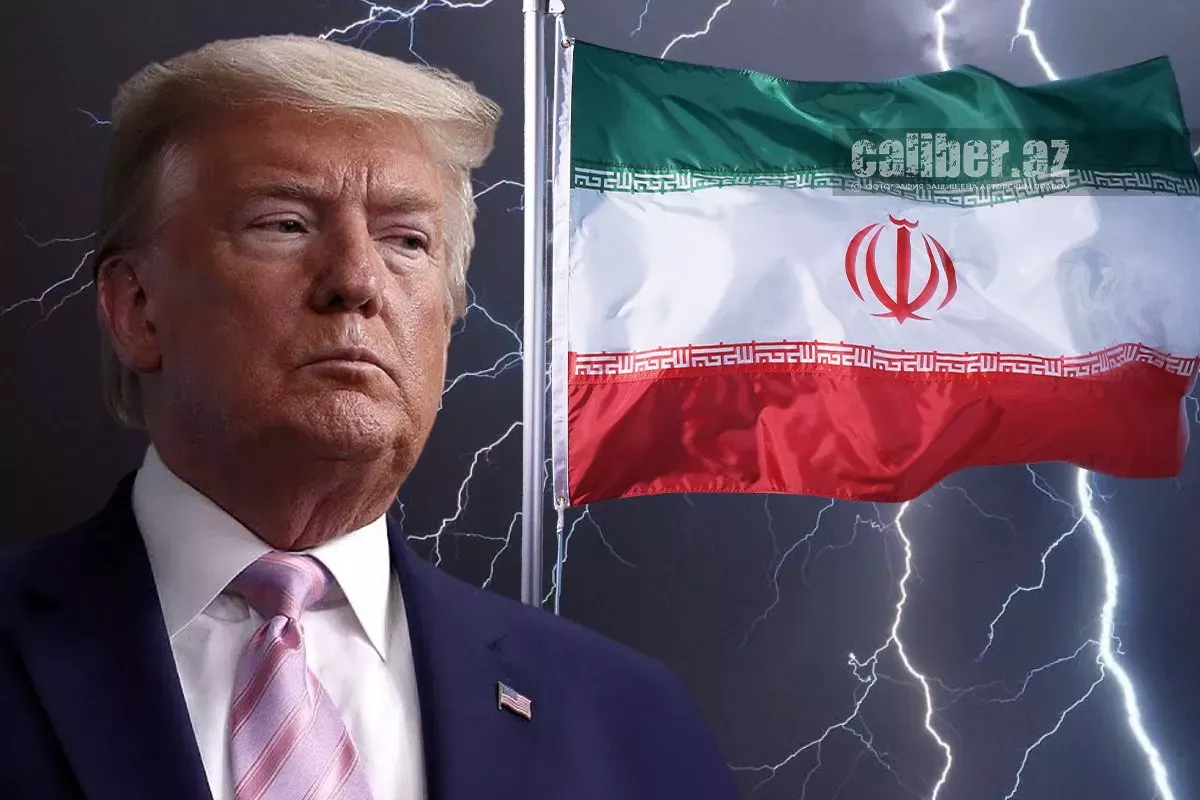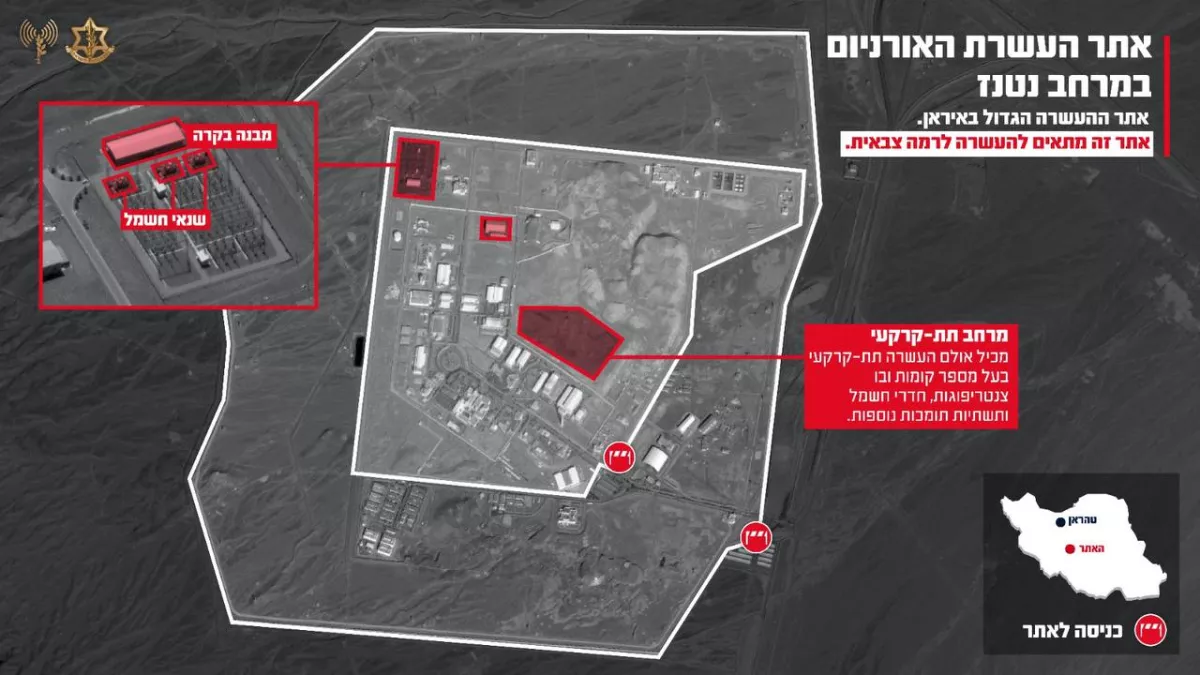Israel vs Iran: Strikes, evacuations, alarms From Natanz to Tabriz
The military escalation between Iran and Israel has entered a new phase. The Israeli Air Force continues its operation to intercept drones launched by Iran toward Israeli territory. According to the IDF, some of the drones were destroyed before entering Israeli airspace, while others may reach the borders within the coming hours. Israeli media stress that strikes on key sites in Iran, including air defence nodes and nuclear infrastructure, are ongoing.
The events are accompanied by sharp statements. U.S. President Donald Trump, in a post on Truth Social, addressed Iran, calling on Tehran to immediately strike a deal with Israel. In his emotional message, he accused the Iranian side of missed opportunities, hinted at the elimination of radical elements, and warned of even more devastating attacks to come if Iran does not abandon its confrontational stance.

Meanwhile, alarming reports are emerging from Iran. According to the Tasnim and Fars news agencies, the airport in the city of Tabriz and around ten sites in East Azerbaijan Province have come under heavy attack. Explosions have been reported in the vicinity of the airport, with thick black smoke observed in the area. In addition, the Israeli military announced a precision strike on the Shekari air defence headquarters in the same region.
Iran’s Ministry of Interior issued an emergency statement urging the population to remain calm. It confirmed that all emergency services — including ambulances, police, rescue teams, the Red Crescent, and others — have been placed on high alert. According to the Red Crescent, 134 teams (669 rescuers) are operating in over 60 localities, with search-and-rescue units and dog teams deployed. The Ministry of Health has mobilised medical personnel, and assistance to the injured has been underway since the first minutes after the strikes. Despite the attacks, Iran’s Ministry of Energy stated that the water and electricity infrastructure remains undamaged.
At the same time, reports have emerged about personnel changes within Iran’s military leadership. Abdolrahim Mousavi has been appointed as the new Chief of the General Staff of the Iranian Armed Forces, replacing Mohammad Bagheri, who was killed. Mohammad Pakpour has taken over command of the Islamic Revolutionary Guard Corps (IRGC), succeeding General Hossein Salami, who also died as a result of the Israeli strike.
Israel, for its part, has officially confirmed a strike on the country’s largest uranium enrichment facility near Natanz. According to the IDF, the target was an underground complex containing a multi-level hall housing centrifuges and critical infrastructure essential for sustaining Iran’s nuclear programme. Israeli sources claim the facility sustained significant damage.

In addition, Israel has destroyed ballistic missiles that, according to its intelligence, were being prepared for launch against Israeli territory. Strikes against Iran’s air defence systems are also ongoing — in recent hours, dozens of radars and surface-to-air missile launchers have reportedly been disabled.
On a regional level, other states are beginning to be drawn into the conflict. According to local media and the Associated Press, the Royal Jordanian Air Force is intercepting missiles and drones that could pose a threat to Jordanian territory. Senior military officials have declared that Jordan will not tolerate any violations of its airspace.
Amid the unfolding events, Iranian President Masoud Pezeshkian has pledged to address the nation. According to a statement from his administration, the government has shifted to direct crisis management and held an emergency meeting. The statement emphasised: “With the help of the Almighty, the Zionist regime will come to regret its actions today.”
Thus, the conflict is rapidly entering a phase of systemic and prolonged confrontation, marked by elements of information warfare, military escalation, and diplomatic standoff. The situation remains extremely tense, with no clear signs of de-escalation from either side.








